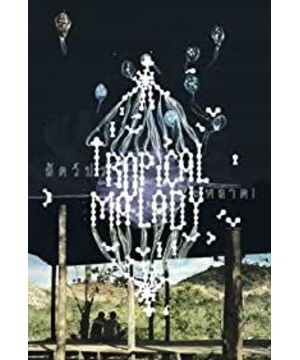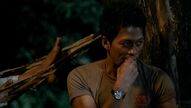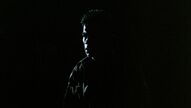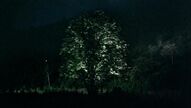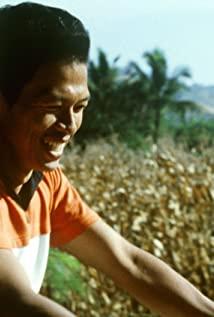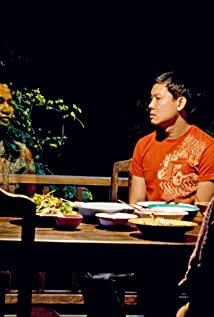★★★★★ 9.5/10
The return of the bestiality of mysticism in the primitive jungle.
Some scenes in the film suddenly reminded me of "Earth" I just watched a few days ago. During the viewing process, I cannot compare the two by myself.
Indeed, some critics believe that Bi Gan's images have similar intrinsic qualities to Apichatpong's since his debut work "Roadside Picnic", and both are explorations of spiritual reality.
But as far as these two films are concerned, the appearance of "Earth" further confirms that "Tropical Diseases" is a masterpiece of mysticism, and Apichatpong is a master director. On the other hand, Bi Gan was a little immature.
Not to mention the height of the text itself and its literary or philosophical character. The hearts of the characters in "Tropical Diseases" and the spatial environment have achieved a fatalistic height through sound and painting. The humid atmosphere endowed by the audio-visual language makes the viewer completely immersed in the torrent of character relationships and freehand brushwork, and each scene is wrapped in sexy The temperament, giving the viewer an extremely subtle experience. However, Bi Gan only tried to use structure/formalism and long shots/stylization to evoke the viewer's desire to explore with the characters, but he did not know that the overly refined polishing and overly explicit treatment of the images "full of talent" made the original dampness of Guizhou mountainous area itself. The atmosphere and the possibility of subsequent images are greatly reduced, and the look and feel is too mechanical and rigid. It is difficult for me to have the same reasoning with Huang Jue in some movies. It can be said that Apichatpong's space is three-dimensional, while Bi Gan is more flat. In fact, the earth can be made more attractive in terms of perception.
Regarding the handling of eroticism, I appreciate Apichatpong's handling more. The restraint and subtlety of the oriental style contain beast-like power and a deeper artistic conception than "Earth", which is more in line with the film's mysticism proposition. The motif of Earth is about memory and retrospect. But why backtrack? The film doesn't have a strong argument to back it up. Bi Gan artificially described the whole process of backtracking, creating a perfect dream. But what is the meaning of this dream? Let the audience experience the feeling of dreaming? Director Bi Gan is still too literary. I still don't love this kind of unnatural text. The actors speak contrived lines, and the symbolic symbols float on the surface of the image like the answer to a puzzle.
In short, the mysticism of "Tropical Diseases" is placed in the inner layer, which is extremely attractive and aesthetic, while the mystery of "Earth" is a body, which is a little boring. Apichatpong is far superior in the degree of completion connected with the author's own cultural context.
Director Bi Gan is a talented person from a small town, but at present, he can never be called a master, and he can't be in Asia.
By the way, I feel that Director Bi's aesthetic style is too mixed. For a while, Wong Kar-wai and Tarkovsky's, eating apples and feeling Tsai Ming-liang... Considering that Bi's fans were born in non-major classes, it's understandable, but watching the movie scene of "Tropical Diseases" and the singer singing on the stage made me I can immediately think that the earth is also drunk... But I only hope that the next time I go to Dao Bi's Dangmai, I can pick up the humid climate of southeastern Guizhou in "Roadside Picnic". Can feel the difference.
The appearance of "Tropical Diseases" made the Palme d'Or "Fahrenheit 911" controversial. The film catalog gave this Thai film the first place in 2004, when there were many excellent films. The layered philosophical speculation was born in the author's style in the tropical rain forest of Thailand, and the director's powerful image-shaping power. Apichatpong is the master of video in the new millennium, in Asia, and in the world of cinema. He won the Palme d'Or at Cannes six years later for Uncle Boonmee.
/
I really like Ollie's review of Tropical Diseases.
"Licking hands, swallowing, strange and happy, primitive but also enlightened. The mysterious flower of the real earth."
View more about Tropical Malady reviews


